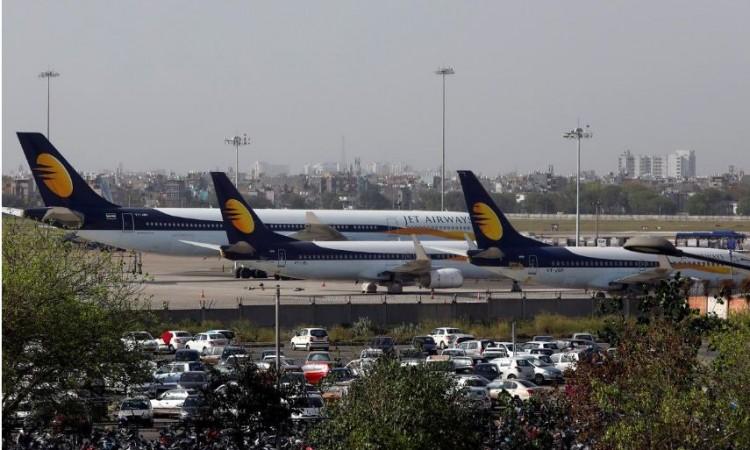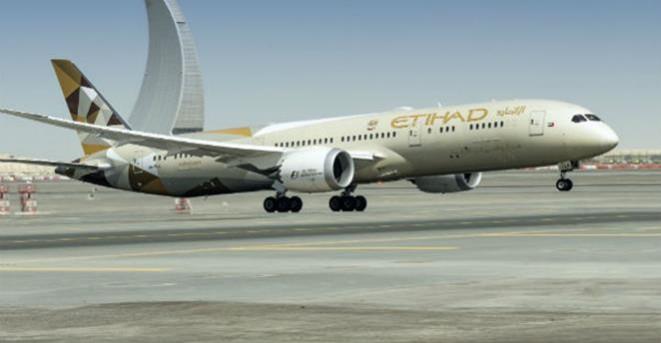
The lenders to grounded private airline Jet Airways may have tactically erred in failing to keep the airline airborne by releasing emergency funds, some circles believe. The airline management suspended all flights from Wednesday (April 17) after the debt-laden carrier failed to secure operational funds from the banks. The airline had only five planes airborne when the decision came.
The lenders were unable to decide on the amount they should release to the stricken airline, whose fleet of 120 aircraft had dwindled to five in a matter of months. While the management's demand was at least Rs 1,500 crore, which the lenders, who are looking for buyers for up to 75 per cent stake in the company that Naresh Goyal founded, initially accepted. Later reports said the lenders were considering releasing Rs 1,000 crore as some lenders belonging to the State Bank of India (SBI)-led consortium were sceptical of the bids. The lenders finally released only Rs 200 crore, which was not enough to keep flying the airline that owes lenders and other stakeholders Rs 8,500 crore.
There were reports that some of the lenders wanted to apply the squeeze on the emergency funds to hasten the bidding process after four bidders were chosen. Abu Dhabi-based Etihad Airways, the foreign strategic partner of Jet who holds the 24 per cent stake in Jet that they bought in 2012, is the only airline in the fray. Another bidder Indigo Partner is a US-based private equity firm with controlling stakes in US-based American Frontier Airlines and Chilean low-cost startup JetSmart. The state-owned National Investment and Infrastructure Fund (NIIF) and US private equity fund TPG Capital that specialises in leveraged buyouts, has little exposure to the aviation sector.

The bidders may have wanted the airline to remain airborne when they board it as part of the lenders' rescue plan, but now that the airline is grounded they may not be in a hurry to see the planes back in the sky, according to observers. This is because the grounded airline has increased the bidders' bargaining power against the creditors to the stricken airline, which Naresh Goyal founded in 1992 as India's first private airline.
"The investors are ready to provide funds. However, the lenders have made it overly challenging for any bid to work in the time frame required," said a person close to the development who was quoted in a report in the Economic Times. "The lack of interim funding has forced Jet to shut operations. The lenders see this as an opportunity to expedite the sale process. But this does not allow time for adequate due diligence," he added. Jet has net debt of about Rs 8,500 crore on its books and dues to lessors and vendors add up to about Rs 3,500 crore. The potential investors are prepared to take on only 20 per cent of the airline's debt.
An estimate says Jet will require up to Rs 20,000 crore over the next three years even with the many austerity steps the investors plan to implement. This includes funding towards estimated losses, dues and investments in improving the operations, according to the report.
















